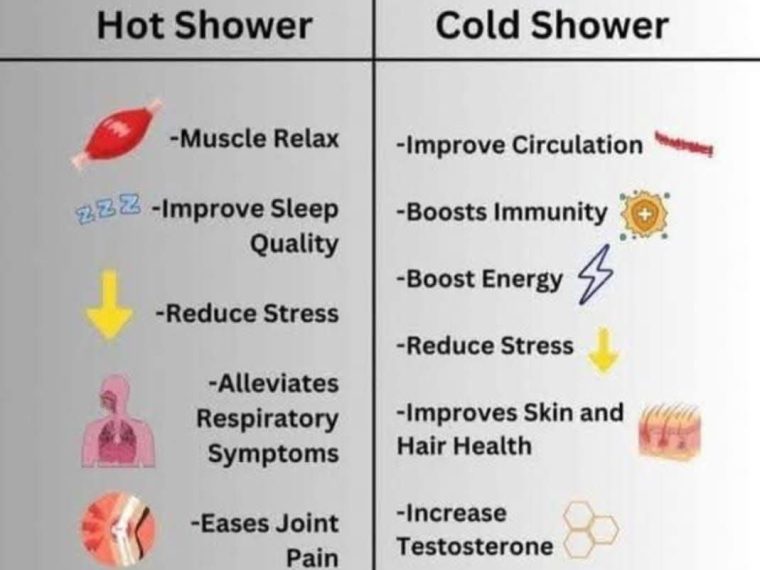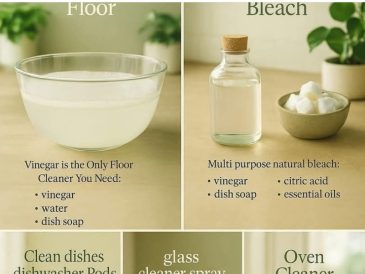Hot Showers: Health Benefits Backed by Science
1. Relieves Muscle Tension & Pain
Hot water helps relax muscles, making it beneficial for relieving tension and pain after a long day or intense workout.
A study published in the Journal of Physical Therapy Science found that warm water immersion significantly reduced muscle stiffness and improved flexibility.
2. Improves Sleep Quality
Taking a hot shower before bed can help relax the body and mind, promoting better sleep. The drop in body temperature after leaving the shower signals to your brain that it’s time to sleep.
A study published in Sleep Medicine Reviews found that warm baths or showers before bedtime were associated with improved sleep quality and faster sleep onset.
3. Opens Pores & Cleanses Skin
Hot water opens up pores, allowing for deeper cleansing of dirt and oil from the skin. This can help prevent acne and improve overall skin health.
While there is limited direct research on hot showers and skin cleansing, dermatologists recommend using warm water to open pores before applying facial cleansers for optimal results.
4. Relieves Nasal Congestion
Hot showers create steam, which can help relieve nasal congestion by loosening mucus and opening up airways.
Steam inhalation has been shown to provide temporary relief from symptoms of the common cold and sinusitis.
5. Promotes Relaxation & Reduces Stress
Hot showers can help reduce stress by relaxing the muscles and calming the nervous system. The warmth of the water promotes the release of endorphins, which are natural mood enhancers.
Warm water immersion has been shown to reduce stress levels and promote relaxation by lowering cortisol levels.
Cold Showers vs. Hot Showers: Which Is Better?
Ultimately, the choice between cold and hot showers depends on your personal health goals and preferences:
Cold Showers are ideal for boosting circulation, enhancing immune function, improving mood, and aiding in muscle recovery after exercise.
Hot Showers are better for relaxation, relieving muscle tension, improving sleep quality, and clearing nasal congestion.
For optimal benefits, some people alternate between cold and hot water (contrast showers), which can combine the benefits of both. Contrast showers involve switching between hot and cold water every 30 seconds to 1 minute, ending with cold water.
Conclusion
Both cold and hot showers offer scientifically-backed health benefits, ranging from improved circulation and immune function to relaxation and better sleep. Incorporating either—or both—into your daily routine can contribute to overall well-being.





